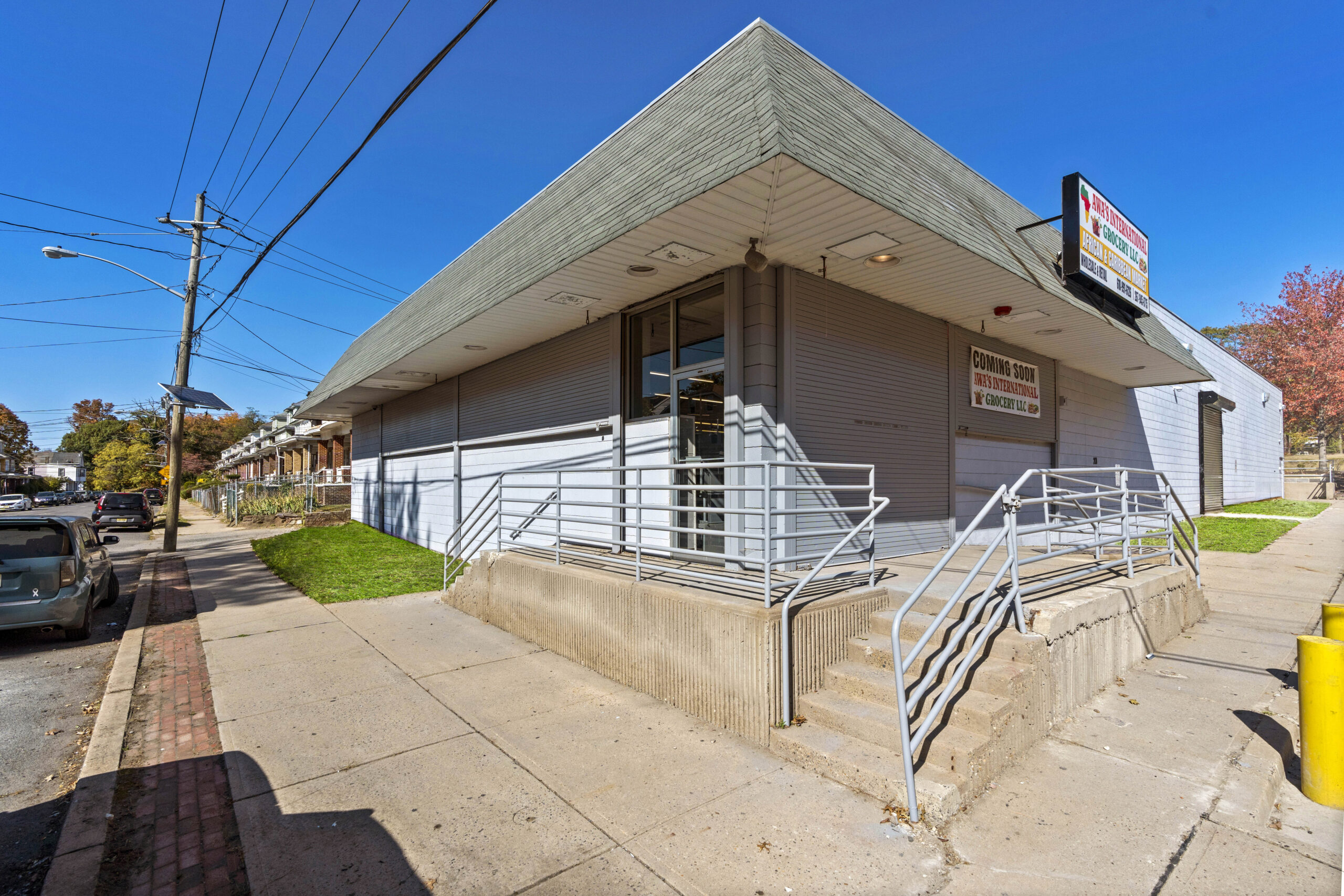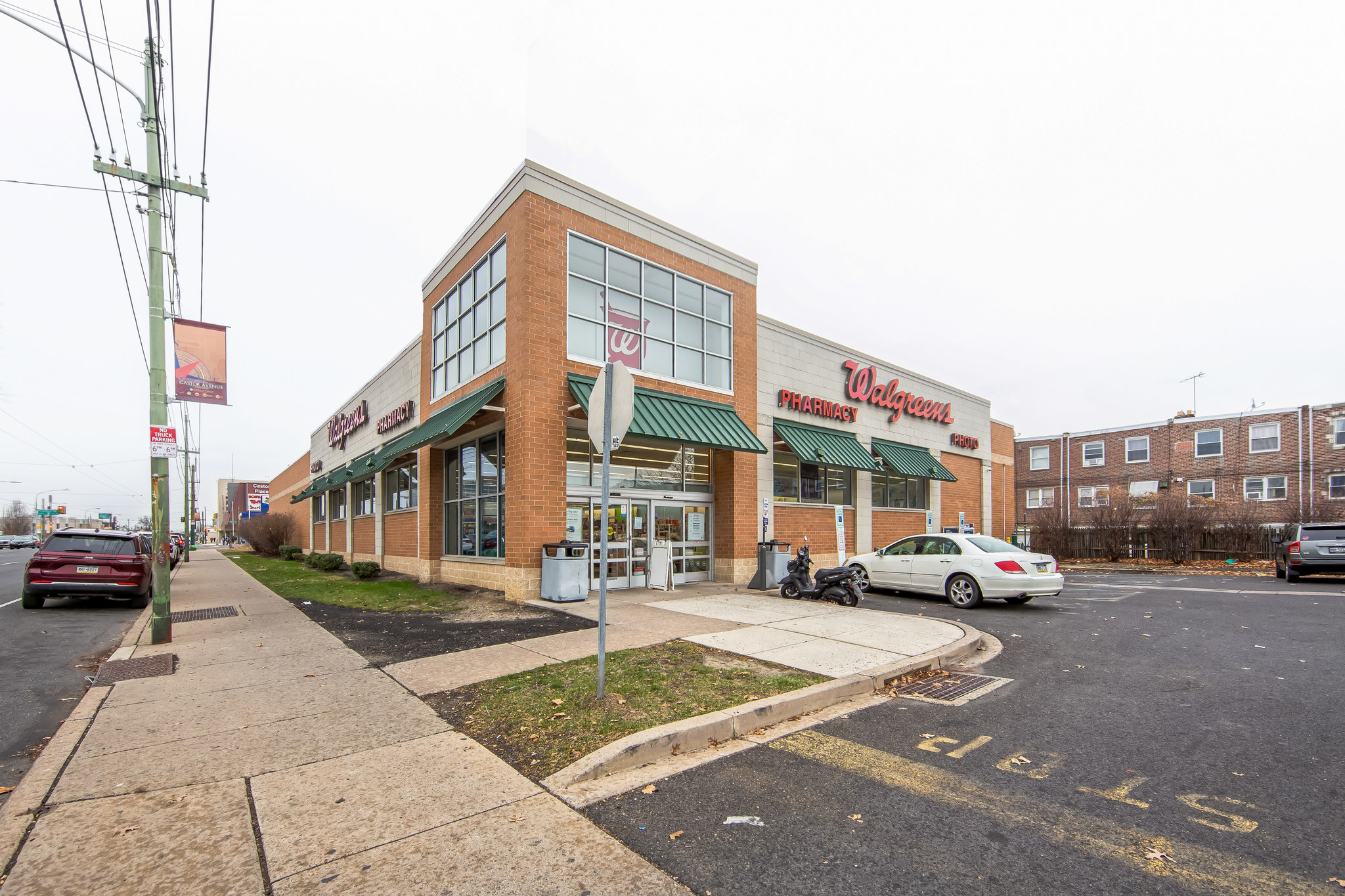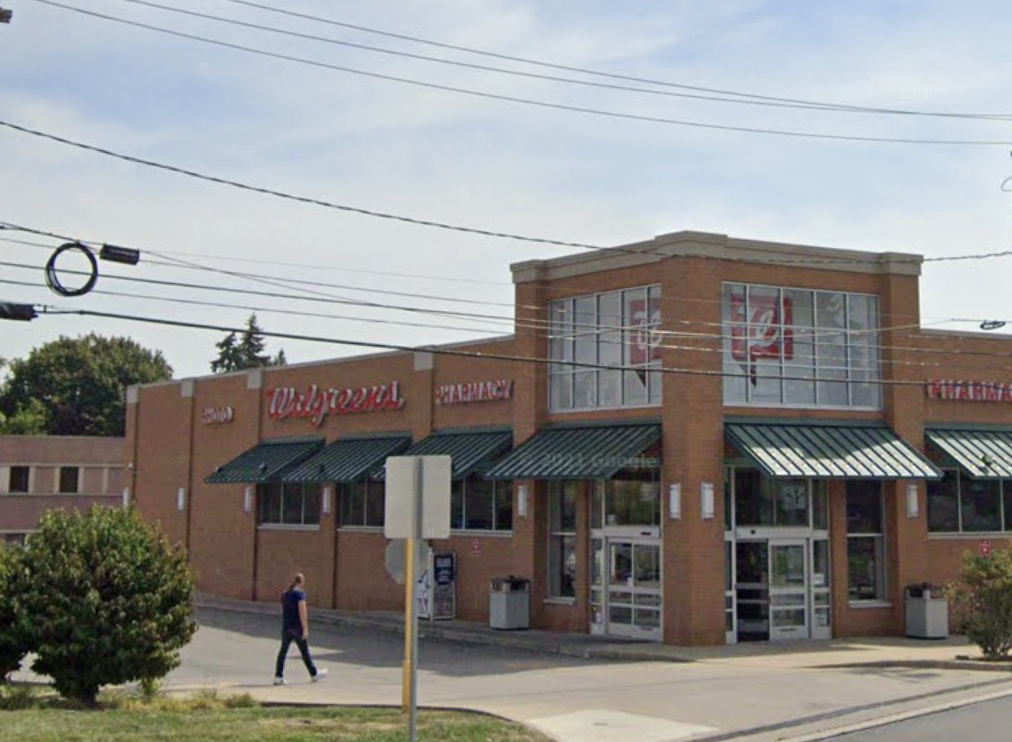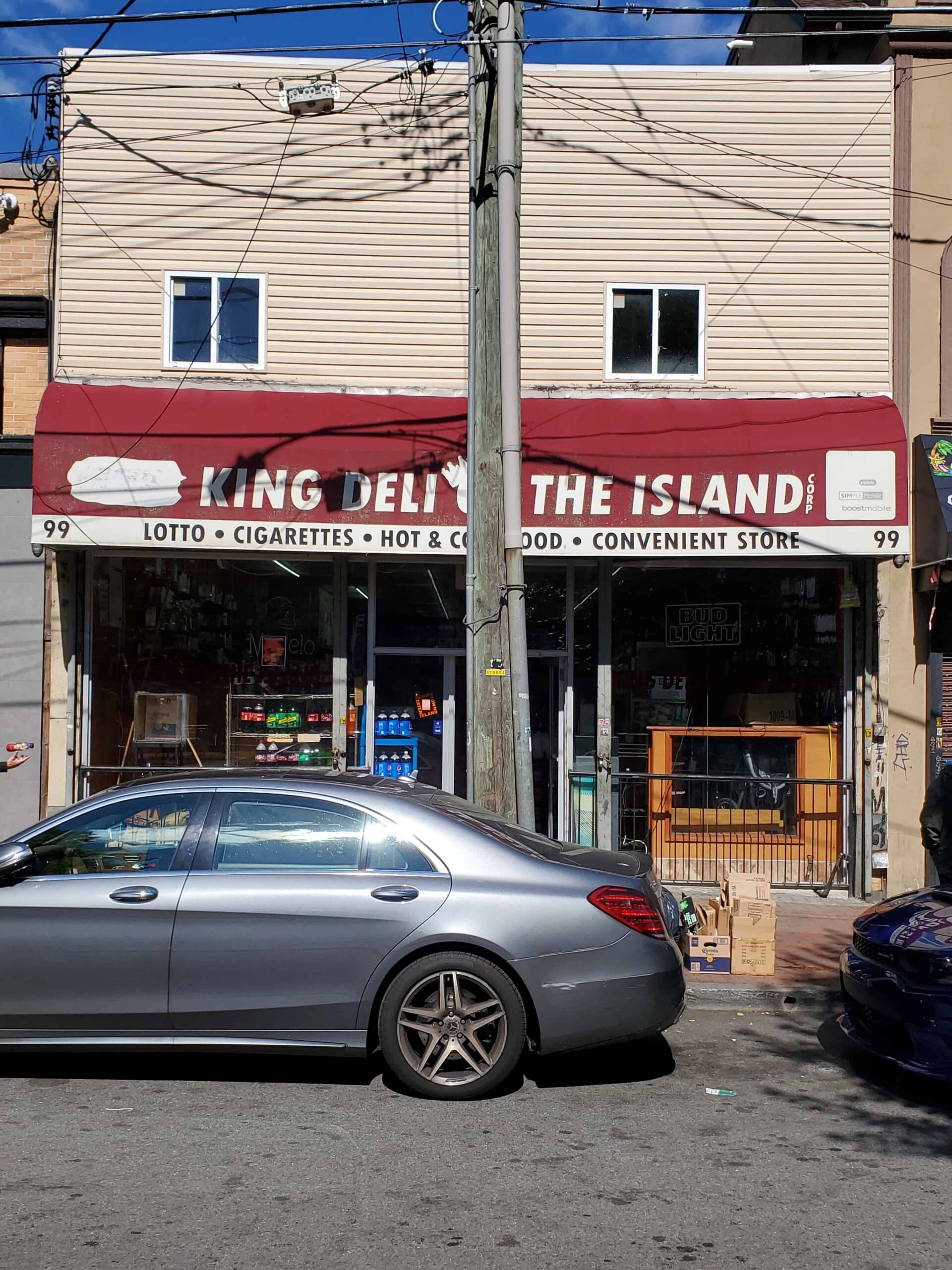1. Always Inspect Property Prior Acquisition
When you see a good foreclosure deal, check out the home in question and pay a few hundred to an inspector so you know what the associated issues are. A crack in the foundation could mean the “deal” isn’t a “deal” at all, but a “money pit”, like that movie from yesteryear. Always inspect prior acquisition.
The only caveat here is if you’re buying a home for the land, rather than the property itself. In that scenario, then it may not matter how good or bad the condition of the property is or was. Especially if you’re looking to build from the ground up, this can be recommendable. Still, you had better know precisely what you’re doing, or it’s a loss.
2. The Neighborhood Means Everything
Good property in bad neighborhoods will lose value, generally speaking. Meanwhile, bad property in good neighborhoods will be brought up in value by the surrounding homes.
So buying the cheapest property in a solid neighborhood and properly maintaining it is a good investment. Buying the best property in a bad neighborhood will likely lose your money even if you renovate it.

3. Hot Markets Like Florida Have Notable Stability
In the present post-COVID market, many New York City residents find themselves quickly moving to Florida. Florida is one of the freest, “developed” states in the country. There are places in Florida where 2020 and 2021 had no real effect on the locals. Accordingly, people on the east coast are flocking there.
This has made Florida’s market explode. They’re not the only state where real estate is seeing a huge spike. Idaho is at the top of the list for 2020 and 2021, strangely, and most of that has to do with California, Oregon, and Washington; where policies in the big cities are driving people to more bucolic and ostensibly “free” domains.
Austin, Texas is seeing a huge influx of people as well; though things there aren’t likely to retain value as long owing to the fallout from that specific market’s ideological veneer. The show Portlandia described Austin as the “Portland of Texas”. Make of that what you will, but a savvy property investor keeps their finger on the pulse of trends both economical and political.
4. Consider Trends For A Municipality, Not Just A Neighborhood
If you’re exploring what’s a deal in a decent neighborhood, before buying, examine the statistical trends of the municipality in question. Los Angeles and New York City have some fine properties in some fine neighborhoods; but in the wake of 2020, both of those megalopolises are being backhanded by reality as residents flee by the thousands.
Even if you get a good deal in either city, the amount you pay and the value you acquire likely won’t be the same. Unless you’re looking to live in such a location regardless of property value, neither market is to be recommended right now—not unless you’ve got some collateral profit scheme in mind.

5. Understand The Ins And Outs Of A 1031 Exchange
A 1031 Exchange allows you to swap property values while avoiding associated taxes. Instead of getting fully taxed on the sale of your property, you turn that money right into another property, and so avoid the associated tax burden.
If you’re an investor, you need to be very well-versed on the ins and outs of defining a 1031 Exchange in the regions where you’re investing.
Maximizing ROI From Property Investment
Taking full advantage of associated 1031 Exchange potential, examining municipal trends over those of a singular neighborhood, exploring “hot” markets, finding the right neighborhood, and inspecting all properties before acquisition represent key property investment tips for any buyer out there. Consider these if you’re on the market right now.







Leave a Comment